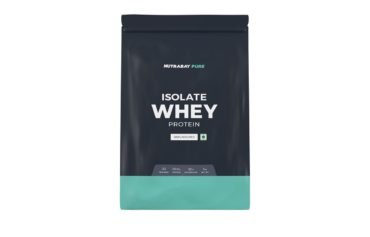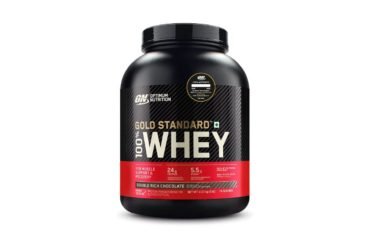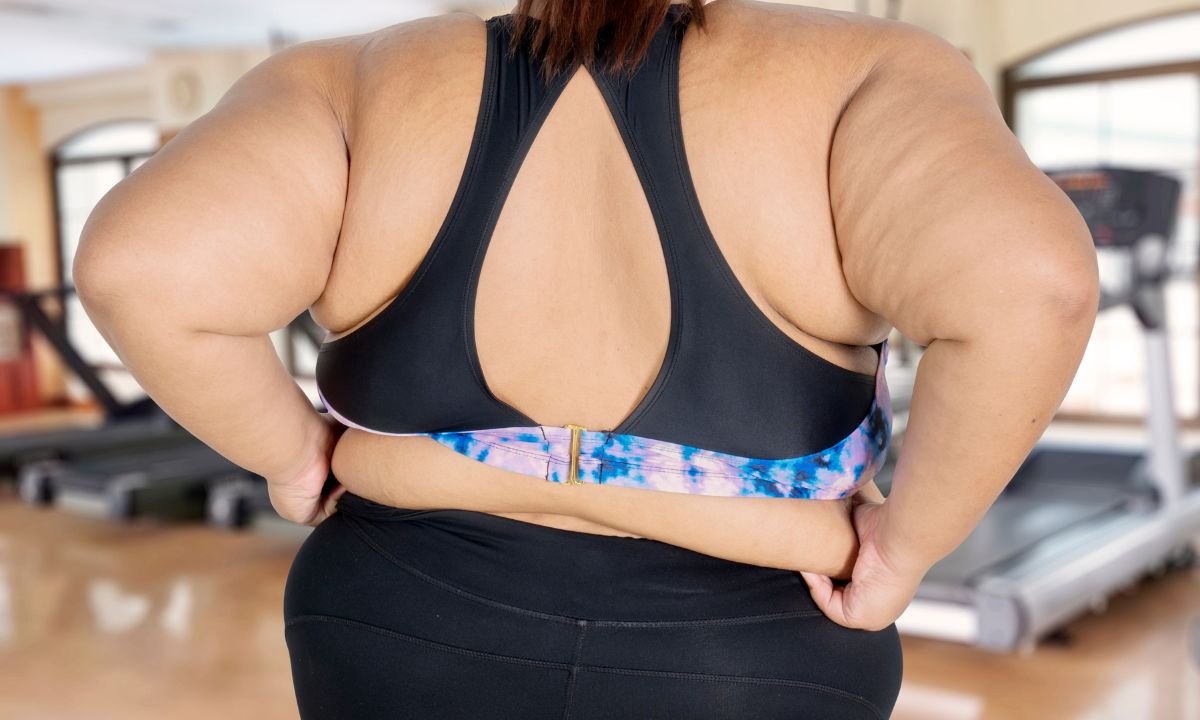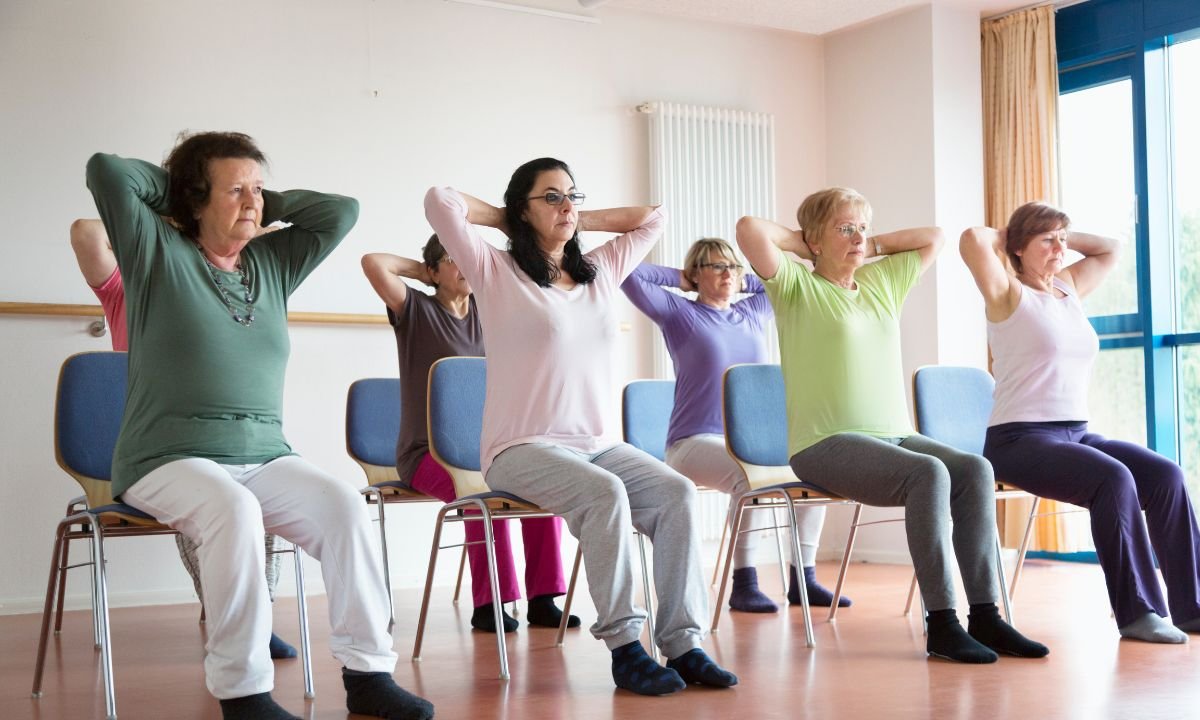Are you feeling hungover without drinking then your body must be definitely telling you something.
True hangovers result from excessive alcohol consumption. But there are many other factors that might cause you to feel as if you are recuperating after a night of heavy drinking even if you did not consume any alcohol.
Well, you’re not alone. Many symptoms of a hangover can occur in the absence of alcohol consumption. And this is often because something else is occurring within the body.
Numerous medical disorders can mirror the symptoms of a hangover, including headache, dizziness, nausea, upset stomach, and muscle spasms.

In this post, we will examine all the probable causes of feeling hungover despite not having had any alcohol the night before.
How Long Does A Hangover Typically Last?
After drinking, hangovers can last up to 72 hours, but most are shorter in length. Again, it depends on the amount ingested, the degree of dehydration, nutritional condition, ethnicity, gender, liver health, medicines, etc.
Why Are You Feeling Hungover Without Drinking Alcohol?
Feeling the symptoms of a hangover without having consumed alcohol is an indication that something is wrong with your body.
Now, we must underline that the list of medical disorders that might cause a hangover is exhaustive. Therefore, if you feel unwell, you should immediately contact a physician.
Having said that, the following are some of the most prevalent reasons why individuals feel hungover without having consumed alcohol:
Dehydration

Dehydration is one of the most significant causes of a hangover. Therefore, it is not surprising that dehydration can cause one to feel awful. Even losing only 1.5% of your body’s fluids can cause headaches, fatigue, dry mouth, and vertigo, according to the Cleveland Clinic.
Dehydration can also cause fluctuations in the levels of electrolytes like sodium and potassium in the body. Dr. Casey notes that these imbalances can also cause hangover-like symptoms. Consider muscular pains, dizziness, heart palpitations, and fatigue.
You can fix dehydration by beginning rehydration by taking tiny, frequent sips of water, broth, or an electrolyte-rich beverage such as Pedialyte or Gatorade. Resist the temptation to gulp. “Doing so will cause the body to excrete more fluid and exacerbate the problem,” she explains.
Influenza or Another Infection
A severe virus may undoubtedly resemble hangover symptoms. Much of this overlap is attributable to dehydration and electrolyte abnormalities.
Excessive alcohol consumption can also irritate the lining of the gastrointestinal tract, causing symptoms comparable to a stomach virus, such as nausea or vomiting, as well as sweating, a rapid heart rate, and skin flushing.
According to the Mayo Clinic, the best strategies to manage influenza-like illnesses are to get as much rest as possible and drink plenty of fluids. Taking an over-the-counter pain treatment like acetaminophen or ibuprofen can also assist with aches and fever.
Excessive Sugar
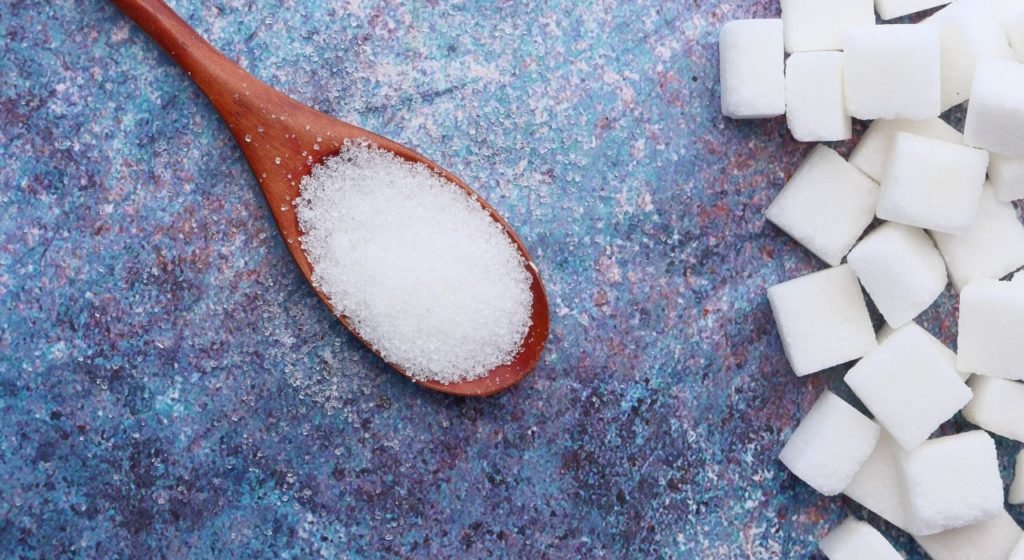
Consuming excessive amounts of sweets at night may leave you feeling ill the next day. Excessive sugar before bed can induce blood sugar spikes and falls, which can contribute to sleep disturbances and headaches, as well as symptoms of shakiness, nausea, and overall exhaustion.
Remember that “excessive” has varied meanings for different individuals. We each react differently to food and sugar. For others, a substantial amount of added sugar may be required to affect how we feel the following day. Even tiny quantities of added sugar can induce these symptoms in individuals with insulin resistance or diabetes.
You may counteract low blood sugar by drinking enough of water and eating a balanced meal consisting of lean protein, healthy fats, and complex carbs. Scrambled eggs with mashed avocado on a slice of whole-grain bread. Some mild exercise like walking helps also.
Painful Joints
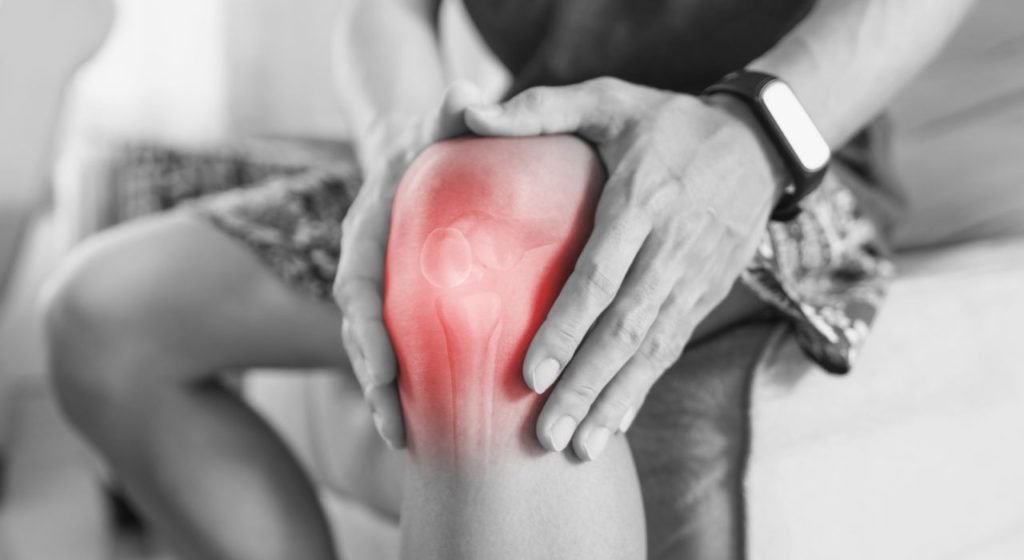
Similar to a hangover, sugar creates inflammation in the body, which can cause pain in the muscles and joints.
This makes sense since when I awoke after my sugar binge over the weekend, my head hurt and I could not turn it more than 30 degrees to the right or left. My joints hurt to a level that cannot be adequately described.
Even looking down at my phone caused a sharp agony to shoot down my spine.
“Diets that promote inflammation are heavy in refined carbohydrates, sugar, saturated and trans-fats, and low in omega-3 fatty acids, natural antioxidants, and fibre from fruits, vegetables, and whole grains,” says Janice K. Kiecolt-Glaser, PhD.
It is possible to awaken with the impression that you slept poorly while, in reality, the inflammation in your muscles and joints is giving you discomfort and making it difficult to physically navigate your day.
Depression
A sugar rush increases the quantity of dopamine in the brain before to and throughout eating. When used on a daily basis, it reduces the body’s natural dopamine production.
The University of Utah conducted a research proving this notion. Sugar-dependent mice consumed it in a binge-like way, causing the accumbens to produce dopamine during and prior to ingestion. This sugar binge altered the expression and availability of dopamine receptors in the brain, making it necessary to consume more sugar for the next “high.”(Trusted Source)
Low Energy
Another impact of excessive sugar consumption is that your energy physically LEAVES your body. It will refuse to return until you either go through complete withdrawal or provide it with more sugar.
This is another consequence of irregular blood sugar increases. When you consume sugar, you will experience a surge of energy, but excessive sugar consumption can lead to persistent fatigue.
Regaining energy and health requires restoring blood sugar balance. This may be achieved by consuming protein-rich meals with whole grains, veggies, and fewer processed carbohydrates, such as sweets and white bread.
Mental Fog
As someone who has repeatedly attempted to quit sugar, I can speak to this from personal experience. The first two to three days after quitting sweets are often marked by significant brain fog.
When detoxing from sugar, you may discover that you get lost on a route home that you normally take, or that you have trouble with an aspect of your job that has previously been rather simple.
Caffeine Withdrawal
Skipping caffeine when your body expects it will make you feel, well, bad.
The most common symptom of caffeine withdrawal is headache, but it can also show as tiredness or lethargy, brain fog, irritability, difficulty concentrating, reduced concentration, and sad mood. In extreme cases, it can also cause nausea, vomiting, and muscular pains.
If you’re quitting caffeine on purpose, reducing your use gradually to reduce withdrawal symptoms. Instead of going from a full cup of coffee to nothing, try reducing your daily intake by a few ounces. And if you didn’t have coffee at the normal time, prepare a cup as soon as possible.
Also Read: THE POWER OF PRANAYAMA BREATHING PRACTICE
Sleeping Meds
Sleeping medications or antidepressants with a sedative effect may help you get more sleep, but they can frequently leave you feeling dizzy, nauseated, or with a headache the next morning. According to the Cleveland Clinic, eight out of ten people report feeling like they have a hangover the day after using a sleeping drug.
Consult your physician if your sleeping drug causes hangover-like adverse effects the following morning. It may be feasible to alter your dosage or switch to a different medication.
Migraine or Headache
Alcohol is a common cause for migraines. Even without consuming alcohol, waking up with a migraine might feel similar to waking up after a night of heavy drinking.
In addition to searing headache pain, migraines can cause nausea and light sensitivity, according to the National Institutes of Health (NIH). Even when the pain passes, you may feel weary or weak.
There is no cure for migraine, but you may be able to minimise its severity by addressing the symptoms as soon as they appear. According to the National Institutes of Health, taking your prescription migraine medicine, relocating to a dark, quiet area, drinking water, and laying a cold cloth on your forehead might be helpful.
You’re Pregnant
Obviously, alcohol and pregnancy do not mix. However, morning sickness can bring nausea and vomiting (at any time of the day), and early pregnancy might make you feel exhausted. According to the Mayo Clinic, it is natural to experience aversions to specific foods or odours.
For nausea treatment, sucking on ice chips or popsicles to remain hydrated and eating small, frequent meals as opposed to larger ones.
You can also inquire with your doctor about taking 50 mg or less of vitamin B6 daily, which may help alleviate symptoms of morning sickness.
When to Seek Medical Help
Sometimes hangover-like symptoms have a very benign cause and an easy cure, such as being moderately dehydrated or eating a sugary meal before bed. Occasionally, though, they may indicate a problem, particularly if you wake up with a hangover despite not having had more than one alcoholic beverage.
Consulting a physician if you are unable to identify a clear explanation for your symptoms or if you are unable to alleviate them with easy at-home remedies (such as drinking more water or relaxing). The symptoms might be indication of another serious sickness or severe dehydration requiring rapid medical care.



